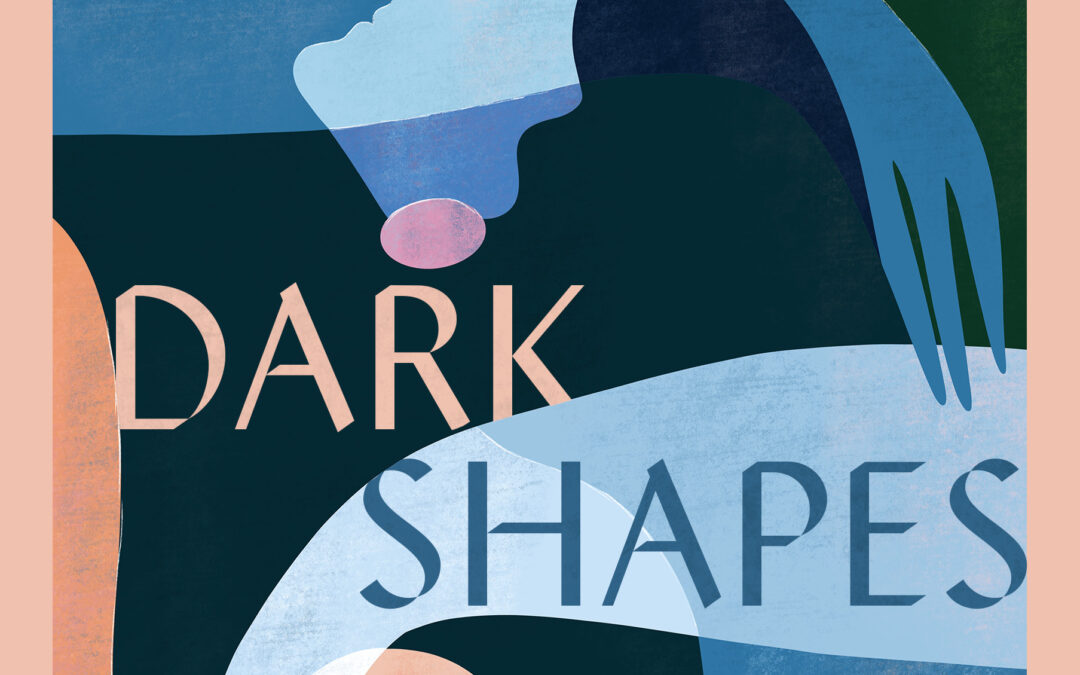Kavita Bedford has written a timely and thoughtful novel in Friends and Dark Shapes (Text Publishing 2021). There is a certain kind of novel written about 20 or 30 somethings, in that liminal age between the relative freedom of adolescence and the often tethered responsibilities of ‘adulthood’ such as mortgages, marriage and children. Those two decades – the 20’s and the 30’s – frequently represent a searching time for many people, as they struggle with important life choices such as identity, career, perhaps experimenting with sexuality, and deciding whether or not they want to achieve in work, to travel or to have children, or indeed to do all of those things.
But this is the time before those choices must be definitively made, when friendships are intimate and compelling, work is often piecemeal and fractured, and usually structured in between study or travel, and romances are sometimes fleeting. These are the years that emotions run high, when people begin to form strong opinions about politics and ideology, about religion and spirituality, about society and culture and their heritage. It is a time when a different sort of dynamic springs up with ageing parents.
In this story, written in lilting literary language, a group of friends in a share house in Redfern are anchored to their time and place. All around 30, they are dealing with issues such as the insecurity of housing and employment, online dating, overseas opportunities, social alienation, and second-generation migrancy. This is a portrait of ‘contemporary life … of love and loss, of constancy and change … of looking for connection in an estranged world’.
All of this is navigated through the voice of the narrator who has just lost her father and is trying to decipher her grief. Threaded with rich memories of their time together, and heartbreak over what she is mourning, she and her fellow housemates think about the big issues, the meaning of life, as they get through the day-to-day drudgery and domesticity of actual living.
The setting is quintessential Sydney. The story is divided into the seasons of the year. And each chapter is an almost standalone vignette – a meditation on an aspect of life, death, grieving, ambition, friendship, love, desire, or what it means to be human. It is full to the brim with the minutia of daily living, and successfully captures the small moments that make or break us.

